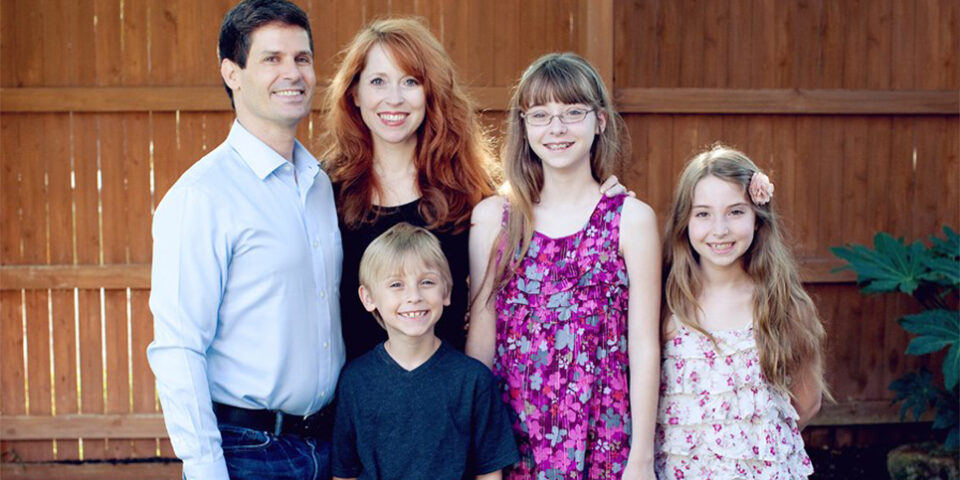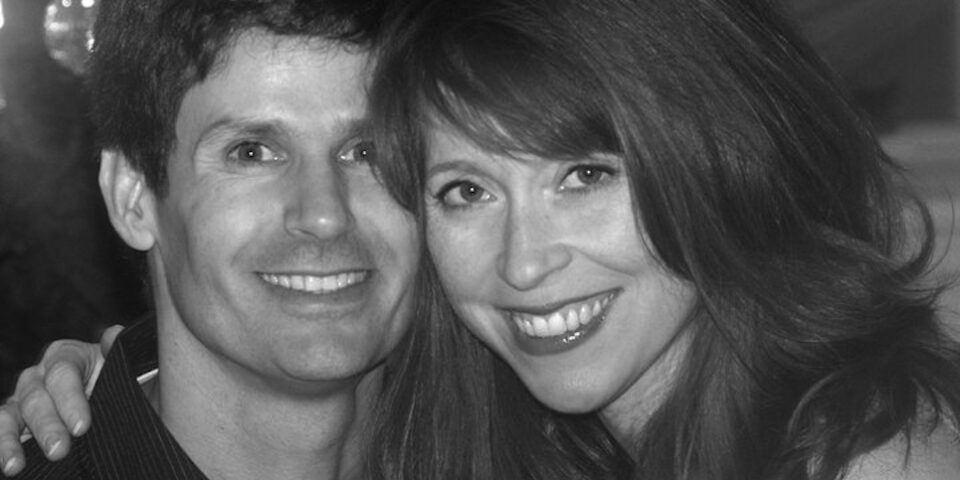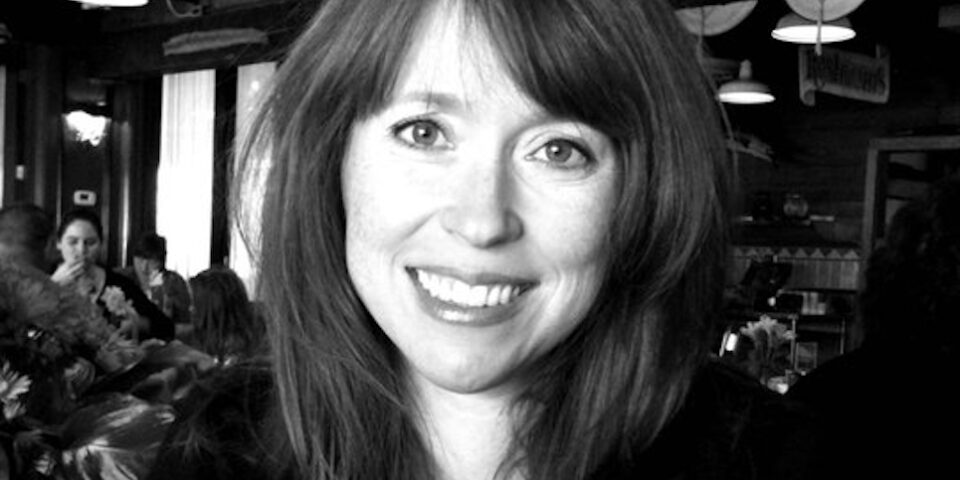I’m a Mormon woman who grew up in an active, faithful family. We never missed church on Sunday, and my parents spent much of their free time serving in various callings. My father has been a bishop in two different wards, and my mother has been a president of many auxiliaries, as well as a seminary teacher. They had a conventional Mormon marriage, with my father working full time and my mother being the stay-at-home parent of five children. For as long as I can remember, I was taught that God wanted things this way and that I would be expected to fulfill the same role as my mother, married to a man very much like my father, when I reached adulthood. In spite of the fact that I’m a curious person who questions nearly everything, I never once questioned that.
So I did indeed marry a priesthood holder in the temple, and I had three children, and I left my beloved career as a magazine editor to devote myself to their care. Although I missed working outside the home, I believed I was making the sacrifice necessary to help my children fully blossom into their own happy adulthood. I thought I was laying the foundation upon which they could build and live their dreams.
Then one day, when my youngest child—a boy—was about a year old, I was watching him play with his two big sisters, and I suddenly had a realization that hit me like a lightning strike: This sacrifice I was making, which was supposed to enable all of my children to be whatever they wanted to be when they grew up, actually applied only to my son. He would be encouraged to study and work and succeed at a career he enjoyed, choosing from thousands of potential fields according to his individual interests and talents. And at the end of every day, he could return home and participate in parenthood as well. He could have it all, and his sons could have it all, while my daughters and their daughters would be expected to channel their entire, unique slate of interests and talents into the single, predetermined role of motherhood, generation upon generation.
That’s when gender roles began to unravel for me. I am a person first and a woman second, and while my womanhood certainly informs my personhood, it does not define it. Being a woman should no more define my role in the church than it should my role in the home or in the world. My daughters and I should be free to use the full measure of our individual interests and talents in every sphere, just as my father and husband do now and as my son will someday. I believe all of us deserve that freedom afforded by our rich and varied humanity, of which gender is only a part, and therefore, I believe women and men alike should be able to hold and exercise the priesthood.








